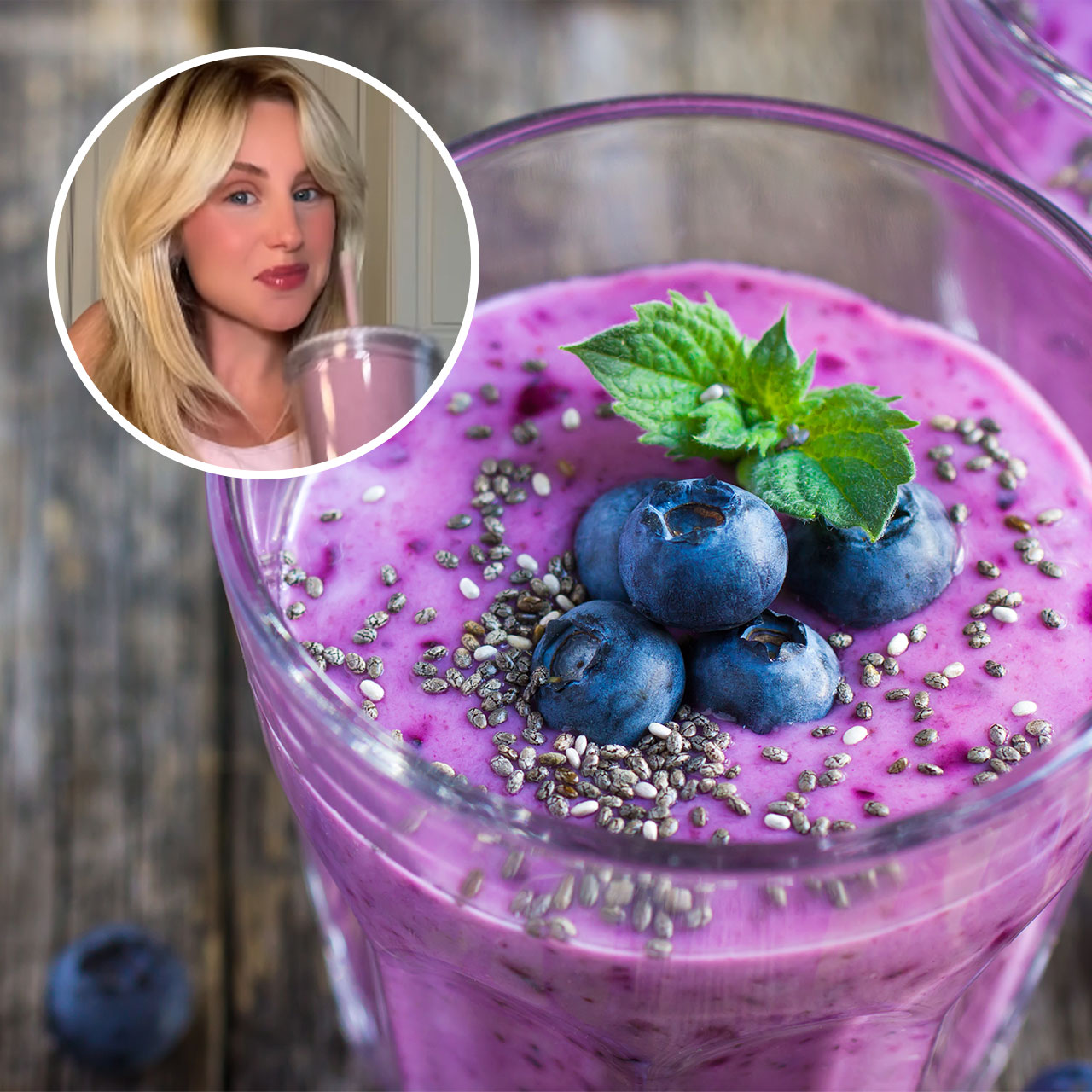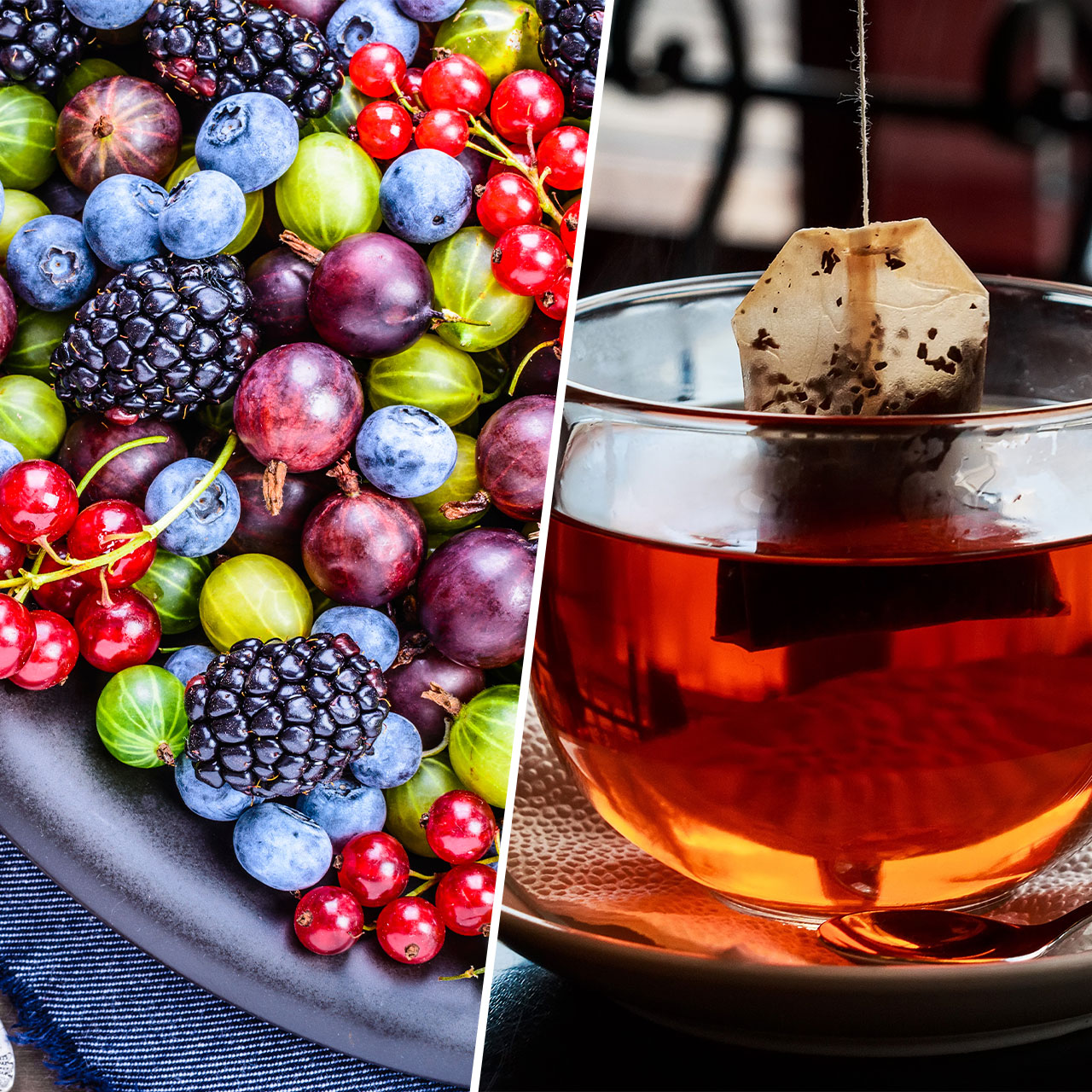Trouble with digestion is unfortunately very common—from stress to poor gut health to allergies, we can experience poor digestion, and its uncomfortable symptoms, for a number of reasons. Getting to the root cause can be a complicated process, and for this reason it can feel like your digestive issues come without rhyme or reason. From bloating to lethargy to nausea, poor digestion can cause a lot of discomfort and make it difficult to live your everyday life.


While things like medications and lifestyle changes can help, one of the biggest things to monitor when addressing indigestion is what you’re eating. Oftentimes, poor digestion could be a sign that you’re not getting the nutrients you need, or that you’re regularly consuming foods that you’re sensitive to. Making sure you’re eating a nutrient dense diet is key in feeling your best and improving your digestion.
Something that you may not be getting enough of if you struggle with digestion is fiber. According to Susan Bowerman, M.S., R.D., CSSD, CSOWM, FAND, Senior Director of Worldwide Nutrition Education and Training at Herbalife Nutrition, this is one of the most common causes of indigestion that she sees in her clients. While food components like carbs and protein are broken down and absorbed by your body, fiber passes through your body while staying relatively intact. Fiber regulates bowel movements, aids in weight management, and has even been linked to lower cholesterol levels.

According to Bowerman, one of the best sources for fiber out there is fruit, specifically berries. “Berries are a great choice because they are some of the highest fiber fruits. A cup of raspberries has 8 grams of fiber and just 64 calories, a cup of blackberries has more than 5 grams of fiber and just 43 calories, and a cup of strawberries has about 3.5 grams of fiber and only about 50 calories,” she explains, “Considering that most people eat less than half of the recommended 25-38 grams of fiber a day, berries can help to meet needs.”
The biggest reason that Bowerman recommends berries for improving digestion is their versatility, especially when it comes to breakfast. “They can be added to cold or hot cooked cereals, yogurt, protein shakes or used to top whole grain pancakes or waffles. Another delicious way to enjoy them is to top a slice of whole grain toast with nut butter, then add sliced or crushed berries.” They’re not only cheap and easy to have on hand, but they can be thrown into a number of dishes and snacks to make sure you boost your fiber intake.
If you struggle with digestion, it takes addressing your lifestyle as a whole to understand your root cause and what will help your gut heal. While this should first and foremost be done with your medical provider so that you can assess your unique needs, Bowerman shared some tips she recommends for keeping a healthy gut. “Drink plenty of fluids—the fiber that you eat needs water in order to swell and do its job. Also, consuming probiotic bacteria can help maintain the health of the gut microbiome, so include probiotics in the diet from foods like yogurt and kefir.” If you want to give yourself an extra boost, try adding berries to a bowl of yogurt for a gut-friendly breakfast. Indigestion can be frustrating and uncomfortable, but making little changes each day can help you heal your gut in the long term. Eating high fiber fruits everyday, specifically berries, can be incredibly beneficial for your digestive system.


























